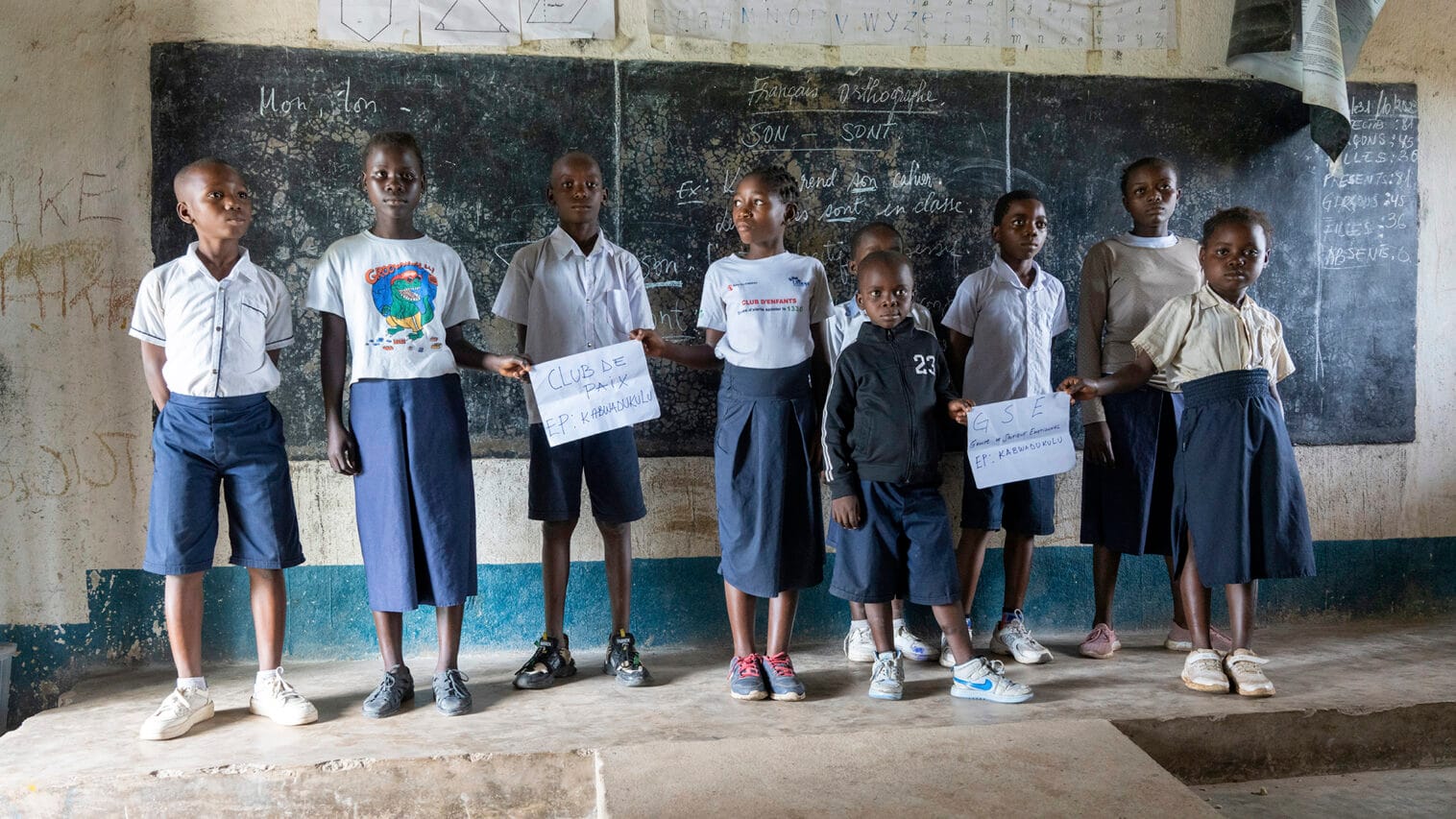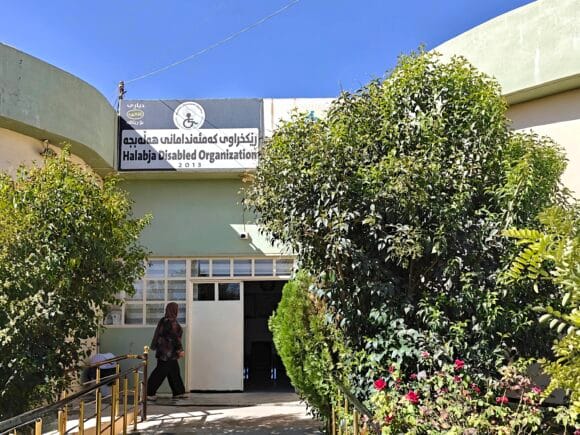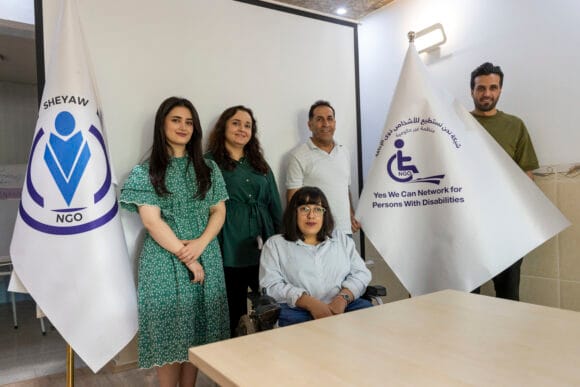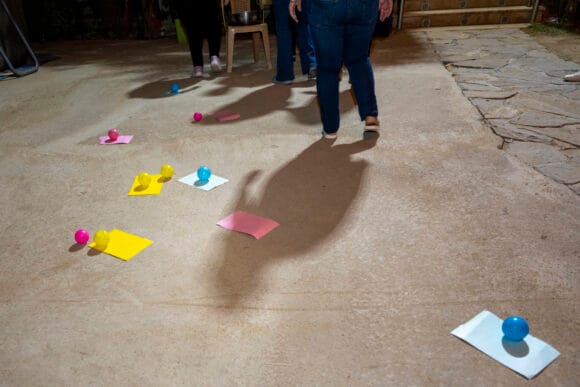In the Democratic Republic of Congo, torn by decades of conflict, thousands upon thousands have faced loss and pain for generations. Ethnic conflicts, war, natural disasters, poverty and social problems. All this threatens the development and human rights of the country as a whole. Building the future requires reconnecting people and communities. Schools play a key role in this. It is where the leaders of tomorrow grow.
We have peace when we don’t hear bullets rattling, when there are no thefts and when we report insecurities to the authorities.
– David, 12 years old.
Peace education is an integral part of Fida’s work in the Democratic Republic of Congo. In partnership with the Congolese CEPAC Church, Fida has opened 80 peace clubs in various schools.
– The work of peace building is essential in our communities. The clubs teach children the meaning of peace and help them to connect with each other,” says Jonatan Asumani Dunia, a project worker.
The peace clubs that meet in schools are also relevant to people outside the school community. In the groups, children learn tolerance and how to deal with disputes. They also become ambassadors for peace in the rest of the community.
Peace is freedom.
– David, 12 years old.
Children solving everyday disputes
Teachers have also been trained in peace work. In March, a teachers’ seminar went through a guide for peace clubs. It covers topics such as identity, emotions and communication. Teachers challenge children and young people to contribute according to their own capacities, so that step by step they move towards peace. Not just in society, but in their own hearts and minds, at home and at school.
Peace is loving others in your heart.
– Samuel, 13 years old
Teacher Christoph Rubaduka heard about the clubs a few years ago, and soon his school had a club of 12 children meeting three times a week.
– Gradually we were able to resolve everyday conflicts. The children took responsibility and brought messages to the teachers about different situations. When problems arose, we invited the children and a few teachers to analyse them together,” says Christoph.
When children are given the right amount of responsibility and skills, school peace improves. Christoph explains how it also helped a child with disability who had been bullied at school to have the courage to go back to school.
– We found that our work also had an impact on the village community, as other children who were not from our school brought problems for us to solve.
Jonatan Asumani Duni, a CEPAC church worker, says the same effect has been seen in other schools that have received training in peacebuilding. The children are able to resolve disputes and understand the richness of diversity.
In my everyday work, I think a lot about how to build peace and hope in the hearts of children who have seen their parents killed. It is unreasonable to ask them to forgive, move on and forget the past.
– Teacher in training
Peace must be built everywhere and with everyone
Every year, the Christoph’s school organises an event where the club members perform plays and poems.
– Then we discuss with parents how we can develop our village together,” says Christoph.
The Peace Club also goes on the local radio station to talk about peace every week. In the future, village leaders will also be invited to join in. Christoph hopes that communities will see the importance of working with schools.
Peace and a sense of security go hand in hand
Although the work is challenging, building peace has started with small steps in everyday life.
We experience peace when we laugh with others.
– Shukuru, 9 years old.
Jonatan says that development cooperation has also brought encouraging changes to the daily lives of entire villages. Seeing positive change and having communication skills gives a stronger foundation now and in the future.
– Together, we can create a safer community for future generations. Children are tomorrow’s leaders, building tomorrow with today’s food,” concludes Jonatan.
Peace starts with open discussion and everyone seeing the dignity of each other. Here, the school is a neutral place, open to all, that unites the village community.
– Everyone needs to understand that when you care about someone, you can’t hurt them,” says Christoph.
Peace is being safe.
– Mustapha, 14 years old



